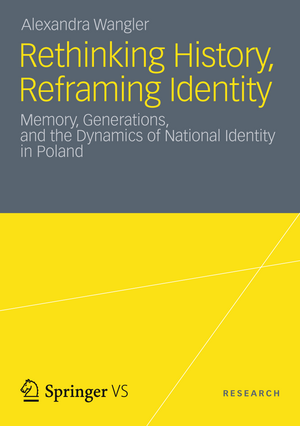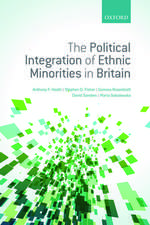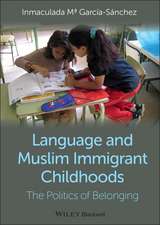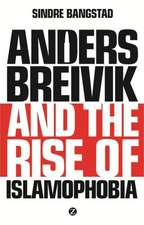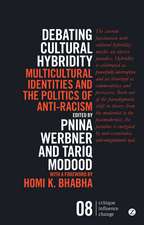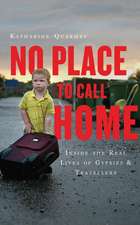Rethinking History, Reframing Identity: Memory, Generations, and the Dynamics of National Identity in Poland
Autor Alexandra Wangleren Limba Engleză Paperback – 13 apr 2012
Preț: 388.13 lei
Nou
Puncte Express: 582
Preț estimativ în valută:
74.27€ • 80.93$ • 62.58£
74.27€ • 80.93$ • 62.58£
Carte tipărită la comandă
Livrare economică 23 aprilie-07 mai
Preluare comenzi: 021 569.72.76
Specificații
ISBN-13: 9783531192253
ISBN-10: 3531192256
Pagini: 347
Ilustrații: 347 p. 7 illus.
Dimensiuni: 148 x 210 x 22 mm
Greutate: 0.42 kg
Ediția:2012
Editura: VS Verlag für Sozialwissenschaften
Colecția VS Verlag für Sozialwissenschaften
Locul publicării:Wiesbaden, Germany
ISBN-10: 3531192256
Pagini: 347
Ilustrații: 347 p. 7 illus.
Dimensiuni: 148 x 210 x 22 mm
Greutate: 0.42 kg
Ediția:2012
Editura: VS Verlag für Sozialwissenschaften
Colecția VS Verlag für Sozialwissenschaften
Locul publicării:Wiesbaden, Germany
Public țintă
ResearchCuprins
Introduction: National Identity in Eastern Europe after Communism.- National Identity as a Process.- The Life Course and Social Change.- Methodology.- The Ukrainians in Poland: Social Structure and History.- Homeland and Belonging as Factors of National Identity.- Overcoming the Past: Experience, Memory and the Present.- Talking about Identity and Prejudices: Interweaving Sameness and Otherness.- Religion, Language and Traditions in Everyday Life.- Conclusions: Explaining Heterogeneity in National Identity by Means of Generational Change.
Notă biografică
Dr. Alexandra Wangler is co‐leader in the EU‐research project MYPLACE (“Memory, Youth, Political Legacy and Civic Engagement”) at the Institute Labour and Economy at the University of Bremen and lectures at the University of Applied Sciences in Bremen.
Textul de pe ultima copertă
This book contributes to the theoretical and methodological discussion about how the diverging experiences of generations and their historical memories play a role in the process of national identity formation. Drawing from narratives gathered within the Ukrainian minority in northern Poland and centered on the collective trauma of Action Vistula, where in 1947 about 140,000 Ukrainians were resettled from south-eastern Poland and relocated to the north-western areas, this study shows that three generations vary considerably with regard to their understandings of home, integration, history and religion. Thus, generational differences are an essential element in the analysis and understanding of social and political change. The findings of this study provide a contribution to debates about the process based nature of national identity, the role of trauma in creating generational consciousness and how generations should be conceptualized.
Caracteristici
Memory, Generations, and the Dynamics of National Identity in Poland?
